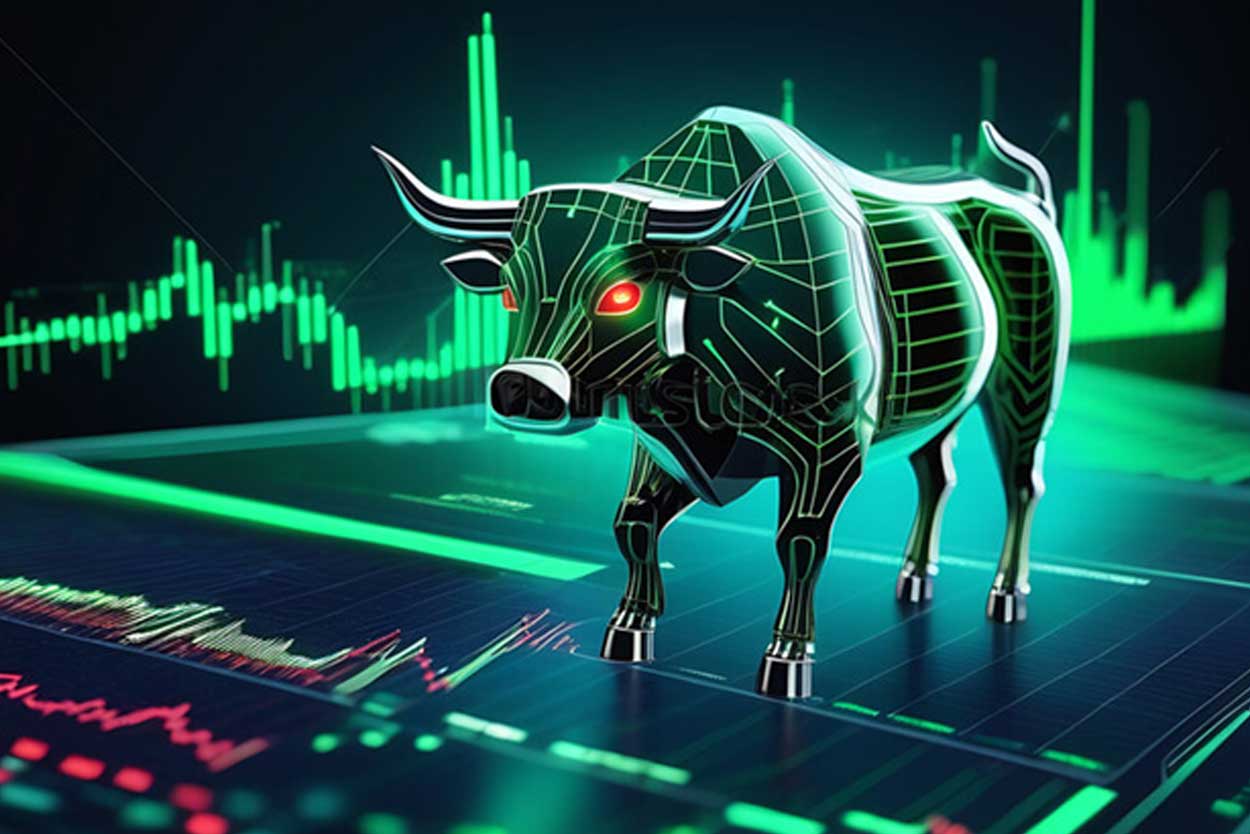What is Futures Trading?
Futures trading involves buying and selling contracts for the future delivery of assets like commodities, financial instruments, and currencies. These contracts specify the quantity of the asset and the delivery date. Futures trading allows investors to hedge against price fluctuations or speculate on price movements. Futures trading is a dynamic and versatile market that serves various participants, from hedgers managing risk to speculators seeking profit. With a wide range of contracts available, from grains and precious metals to financial instruments and currencies, futures trading offers numerous opportunities for portfolio diversification and risk management.
History of Futures Trading
Futures trading has a rich history dating back to ancient civilizations. The earliest recorded instance of futures-like trading can be traced to the Mesopotamian civilization around 2000 BCE, where clay tablets documented contracts for future delivery of goods. These contracts were used to manage agricultural production and distribution, ensuring a stable supply of crops throughout the year. Similar practices were observed in ancient Greece and Rome, where merchants entered into agreements to buy and sell commodities like olive oil and grain at future dates, thereby stabilizing prices and mitigating risks associated with crop failures and market fluctuations.
The modern futures market, as we know it, began in the mid-19th century in Chicago, a major hub for grain trade. In 1848, the Chicago Board of Trade (CBOT) was established, providing a centralized marketplace for buyers and sellers to negotiate contracts for future delivery of agricultural products. This innovation introduced standardized contracts, enhancing market efficiency and reducing counterparty risk. The CBOT’s success paved the way for the establishment of other exchanges, such as the Chicago Mercantile Exchange (CME) in 1898, which initially focused on butter and egg futures but later expanded to include a wide range of financial instruments and commodities. Over time, futures trading has evolved into a sophisticated global market, incorporating advanced technology and financial instruments to meet the diverse needs of hedgers and speculators worldwide.
How Futures Trading Works
- Contract Agreement: Two parties agree to buy or sell an asset at a future date for a predetermined price.
- Margin Requirement: Traders must deposit a fraction of the contract’s value (initial margin) to open a position.
- Daily Settlement: Contracts are marked-to-market daily, meaning gains or losses are calculated daily based on the contract’s price change.
- Closing a Position: Traders can close their positions before the contract’s expiration by taking an opposite position or holding until delivery.
Types of Futures Contracts
E-Mini and Micro Futures Contracts
- E-Mini Contracts:
- S&P 500 (ES)
- NASDAQ-100 (NQ)
- Russell 2000 (RTY)
- Dow Jones Industrial Average (YM)
- Gold (GC)
- Crude Oil (CL)
- Micro Contracts:
- Micro E-Mini S&P 500 (MES)
- Micro E-Mini NASDAQ-100 (MNQ)
- Micro E-Mini Russell 2000 (M2K)
- Micro E-Mini Dow Jones (MYM)
Grains Futures Contracts
- Corn (ZC)
- Soybeans (ZS)
- Wheat (ZW)
- Oats (ZO)
- Soybean Meal (ZM)
- Soybean Oil (ZL)
Precious Metal Futures Contracts
- Gold (GC)
- Silver (SI)
- Platinum (PL)
- Palladium (PA)
Financial Futures Contracts
- Treasury Bonds (ZB)
- Treasury Notes (ZN)
- Eurodollar (GE)
- 10-Year T-Note (ZN)
- 5-Year T-Note (ZF)
Energy Futures Contracts
- Crude Oil (CL)
- Natural Gas (NG)
- Heating Oil (HO)
- Gasoline (RB)
- Brent Crude Oil (BZ)
Currency Futures Contracts
- Euro (6E)
- British Pound (6B)
- Japanese Yen (6J)
- Swiss Franc (6S)
- Canadian Dollar (6C)
- Australian Dollar (6A)
Examples of Trades
- Speculative Trade:
- A trader believes that crude oil prices will rise. They buy a Crude Oil futures contract at $70 per barrel. If the price rises to $75 per barrel, they can sell the contract for a profit.
- Hedging Trade:
- A farmer expects to harvest 10,000 bushels of corn in three months. To lock in the current price, they sell corn futures at $5 per bushel. If prices drop to $4.50 at harvest time, the futures contract offsets the loss.
Hedgers and Speculators
- Hedgers:
- Hedgers use futures contracts to manage risk associated with price fluctuations in commodities or financial assets. Producers (e.g., farmers, miners) and consumers (e.g., manufacturers, food processors) often hedge to stabilize their costs or revenues.
- Speculators:
- Speculators seek to profit from price movements by taking on risk. They buy or sell futures contracts based on their market predictions. Unlike hedgers, speculators do not intend to take or make delivery of the underlying asset.
Futures and Commodity Markets Regulators
The futures and commodity markets in the United States are regulated by:
- Commodity Futures Trading Commission (CFTC):
- The CFTC oversees futures and options markets to ensure integrity, protect market participants, and prevent fraud and manipulation.
- National Futures Association (NFA):
- The NFA is a self-regulatory organization that provides regulatory programs and services to ensure industry compliance and protect investors.
Ready to start trading futures? Call US 1(800)454-9572 – Int’l (310)859-9572 email info@cannontrading.com and speak to one of our experienced, Series-3 licensed futures brokers and start your futures trading journey with E-Mini.com today.
Disclaimer – Trading Futures, Options on Futures, and retail off-exchange foreign currency transactions involves substantial risk of loss and is not suitable for all investors. Past performance is not indicative of future results. You should carefully consider whether trading is suitable for you in light of your circumstances, knowledge, and financial resources. You may lose all or more of your initial investment. Opinions, market data, and recommendations are subject to change at any time.
Important: Trading commodity futures and options involves a substantial risk of loss. The recommendations contained in this writing are of opinion only and do not guarantee any profits. This writing is for educational purposes. Past performances are not necessarily indicative of future results.
**This article has been generated with the help of AI Technology. It has been modified from the original draft for accuracy and compliance.
***@cannontrading on all socials.





